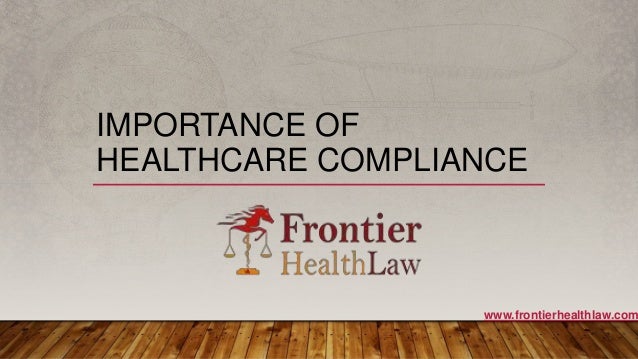Healthcare
industry is the most crucial industry, as it undergoes lots of policy and rules
and regulations changes. There are so many Healthcare Lawyer Las Vegas,
who work under health care law, that have regulations and statues that govern
the administration of health care services that are slightly complex. Healthcare Attorneys Las Vegas covers a vast array of important topics, such as
interpreting the Affordable Care act for employers and employees, the
dispensation of Medicare Investigations and Medicaid Investigations. If you are a physician, patient, insurer
or work for a hospital or pharmaceutical company, and if you have any questions
about the Healthcare law, you can contact the Healthcare Attorneys Las Vegas,
for any legal advice or representation.

There are so
many frauds that can happen in Health care industry. This is where you will be
needing the help of a Healthcare Lawyer. Frauds can happen in
many ways like transactions such as mergers and acquisitions of hospitals and
health care companies. There are people who do the phantom billing means
billing of the item much higher than the item actually purchased, billing of
the treatment done not exactly by the patient but by someone else, this comes
under identification theft.
These
Healthcare attorneys usually have their own offices, or you can contact them in
the legal firms or in the medical institutions too. Every medical institution
have their own team of Healthcare attorneys to take care of all the legal
matters including the billing, the Medicare insurance and ,any other. You can
contact them for all the frauds related to the healthcare industry.







